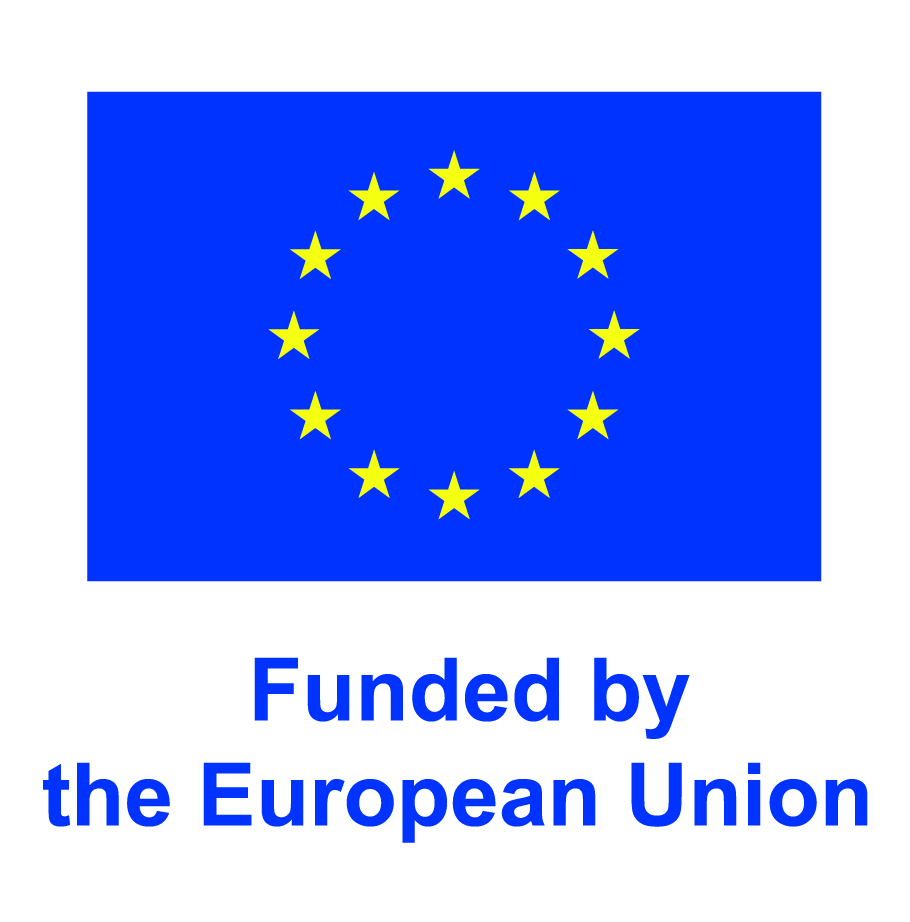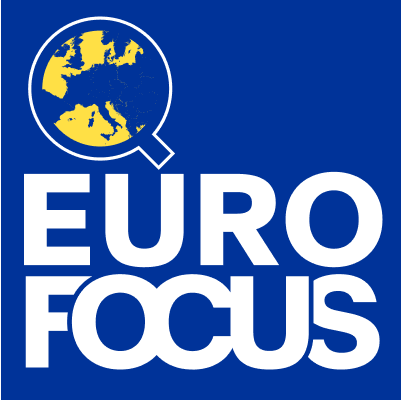In one of Kecskemét’s most deprived districts, the municipality has launched an ambitious urban regeneration effort with the help of two EU-funded projects. The initiative combines the renovation of social rental housing with intensive social support, in an attempt to tackle deep-rooted poverty and exclusion.
At a time when Hungary faces a growing housing crisis—marked by rising rents, precarious livelihoods and the dilapidated condition of much of its social housing—the national debate rarely turns to systemic solutions. Kecskemét, however, is seeking to change this with a multi-year programme backed by the European Union. The city has secured HUF 330 million (€850,000) from the European Social Fund Plus (ESF+) and the European Regional Development Fund (ERDF), channelled into two interlinked projects aimed at revitalising a designated segregated neighbourhood. The goal is not only to improve housing conditions but to arrest social decline and strengthen community cohesion.
Focus on Segregated District 5: Housing Renovation and Social Support Hand in Hand
The projects target District 5, a neighbourhood bounded by Vasútvonal, Műkerti sétány, Kertész utca, Epreskert utca and Kiskunfélegyházi út. Residents here typically have low levels of education, are excluded from the labour market, and often live in generational poverty.
One of the initiatives—a community development programme—is being carried out in partnership with the Hungarian Maltese Charity Service. The second, an infrastructure-focused project, will see two municipal rental homes fully renovated—one within the segregated district, the other in a socially mixed neighbourhood. The ambition is for mobility to be not just physical but social: vulnerable families should have a genuine chance to move into more integrated environments.
What Does the Programme Include?
The community development scheme will run from 1 June 2025 until 31 May 2028, building on the Maltese Charity Service’s “Presence Programme.” This model of support is not sporadic but continuous, accompanying disadvantaged people “from conception to employment.”
Activities will include career guidance and labour market mentoring; adult education courses; psychological and speech therapy counselling; health-focused initiatives such as drug prevention and support for expectant mothers; legal and debt management advice; and the constant presence of social workers at a community centre. The aim is not only individual advancement but the creation of a self-supporting community.
“As in many deprived areas, drug use is an issue we must address—both through prevention and through support for those already affected. This will be a strong focus of the programme. When cheap designer drugs appear in a city, they devastate lives, whether of children or adults,” explained Dávid Kiss, the Maltese Charity Service’s Head of Presence Programmes, at a recent press briefing.
Social Housing Renovation: Changing Homes, Changing Prospects
The parallel housing project will upgrade two municipal apartments. The first, at Kórház utca 6, is a deteriorating adobe building requiring a complete overhaul of its electrical system, insulation and drainage. The second, located on Dankó Pista utca, is currently uninhabitable but will be modernised with energy-efficient solutions, including solar-powered heating.
These homes are also intended as vehicles of social mobility: a family from the segregated neighbourhood will move into the integrated flat, while their old home will be allocated to another family in need. In this way, not only the buildings but the surrounding communities receive a fresh chance. Of the HUF 130 million (€335,000) earmarked for housing renovation, over HUF 105 million will go directly to construction works.
“It is vital to spark a change in lifestyle and mindset. To achieve this, we want to work with the Roma minority council and with our Sure Start Children’s Centre, which is one of the pillars of social inclusion,” said Deputy Mayor Jakabné Engert.
EU Context
In recent years, the European Union has placed growing emphasis on affordable and sustainable housing, recognising it as essential to social cohesion. While housing policy remains the responsibility of member states, the EU supports social housing development, energy-efficient renovation and homelessness prevention through cohesion policy instruments such as ESF+ and ERDF.
The EU’s new social target sets out that by 2030, no one should be living in homelessness. Achieving this will require comprehensive, long-term action at local level—of the kind now being undertaken in Kecskemét.
(Source: kecsup.hu)

Funded by the European Union. Views and opinions expressed are however those of the author(s) only and do not necessarily reflect those of the European Union or European Commission. Neither the European Union nor the granting authority can be held responsible for them.


